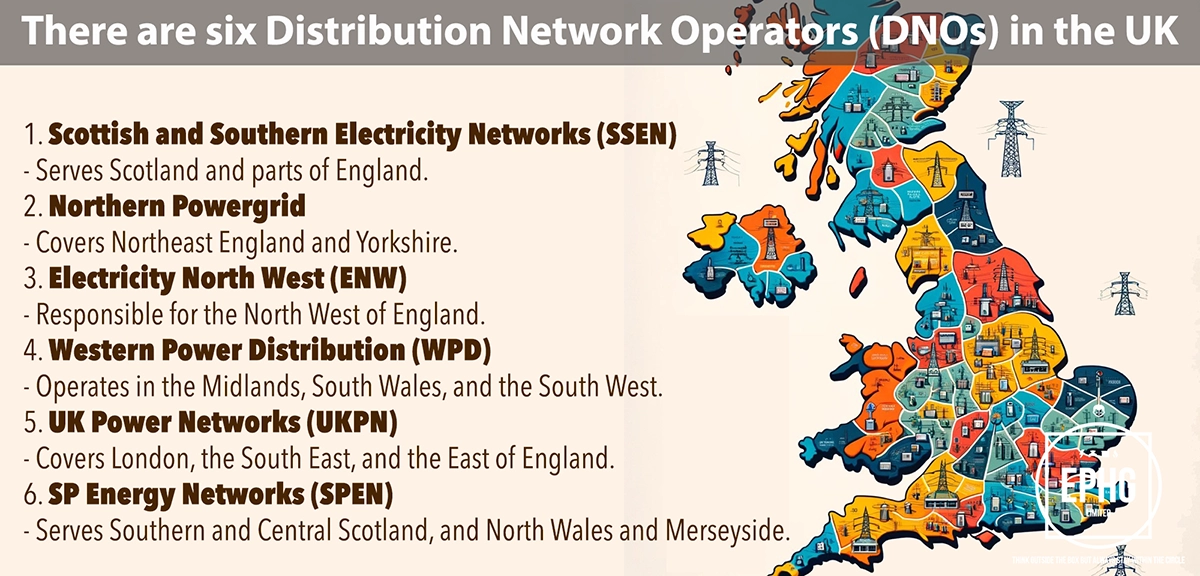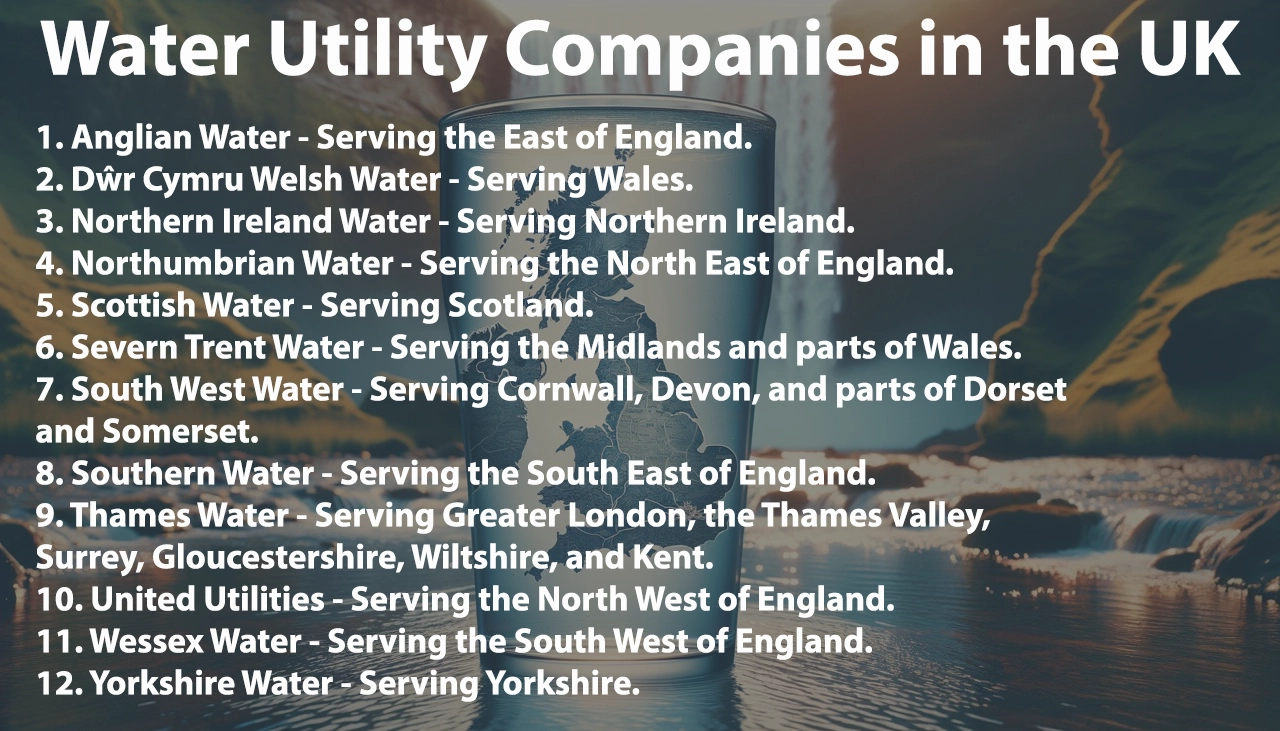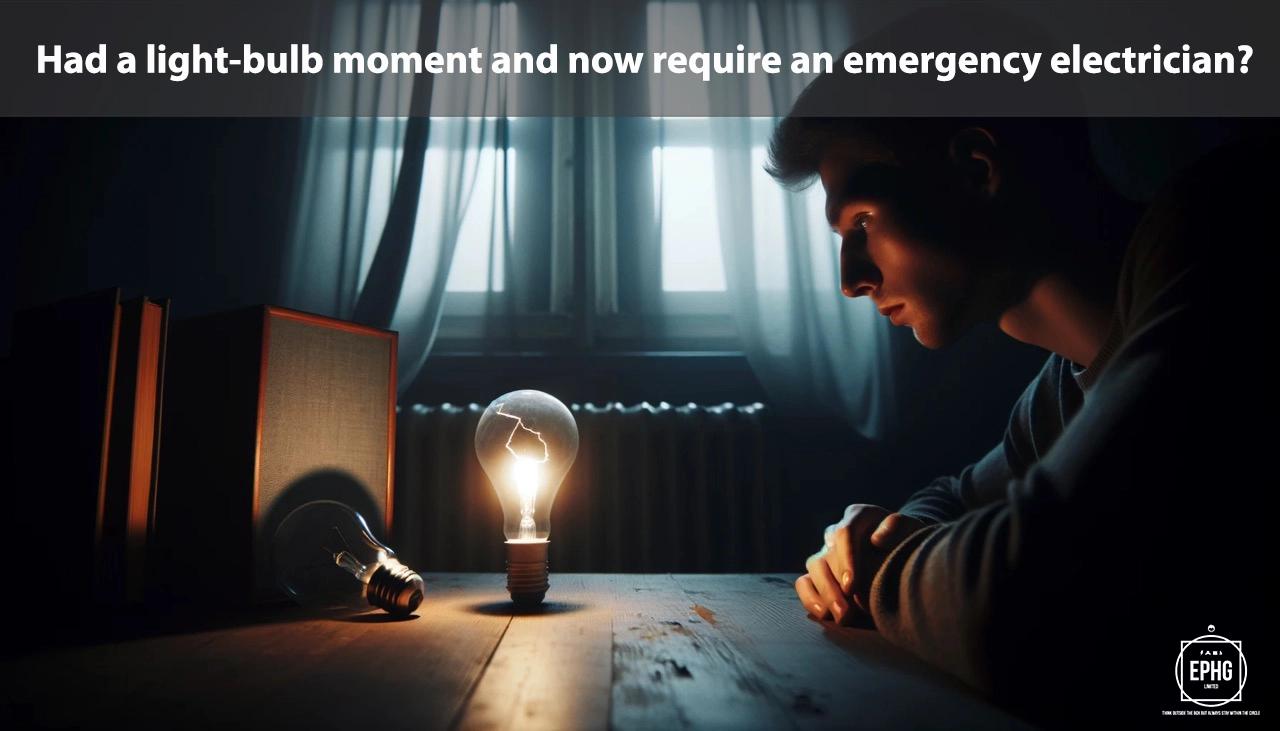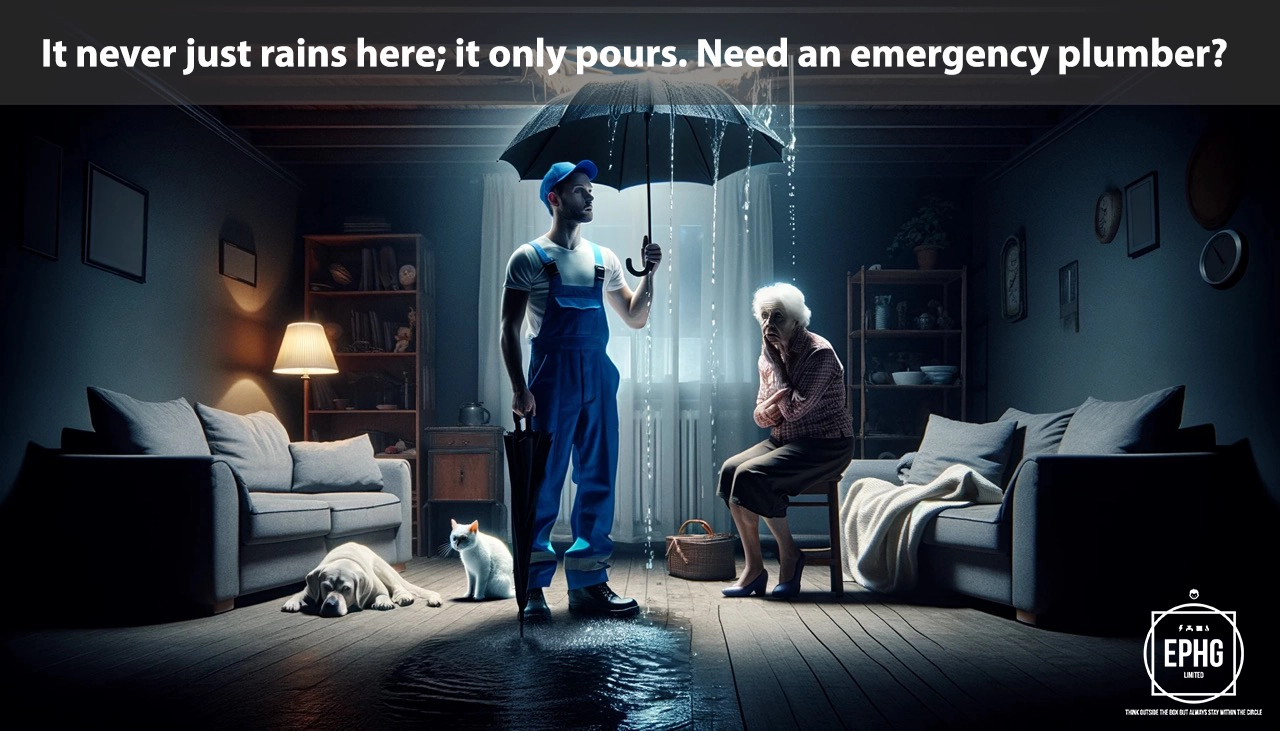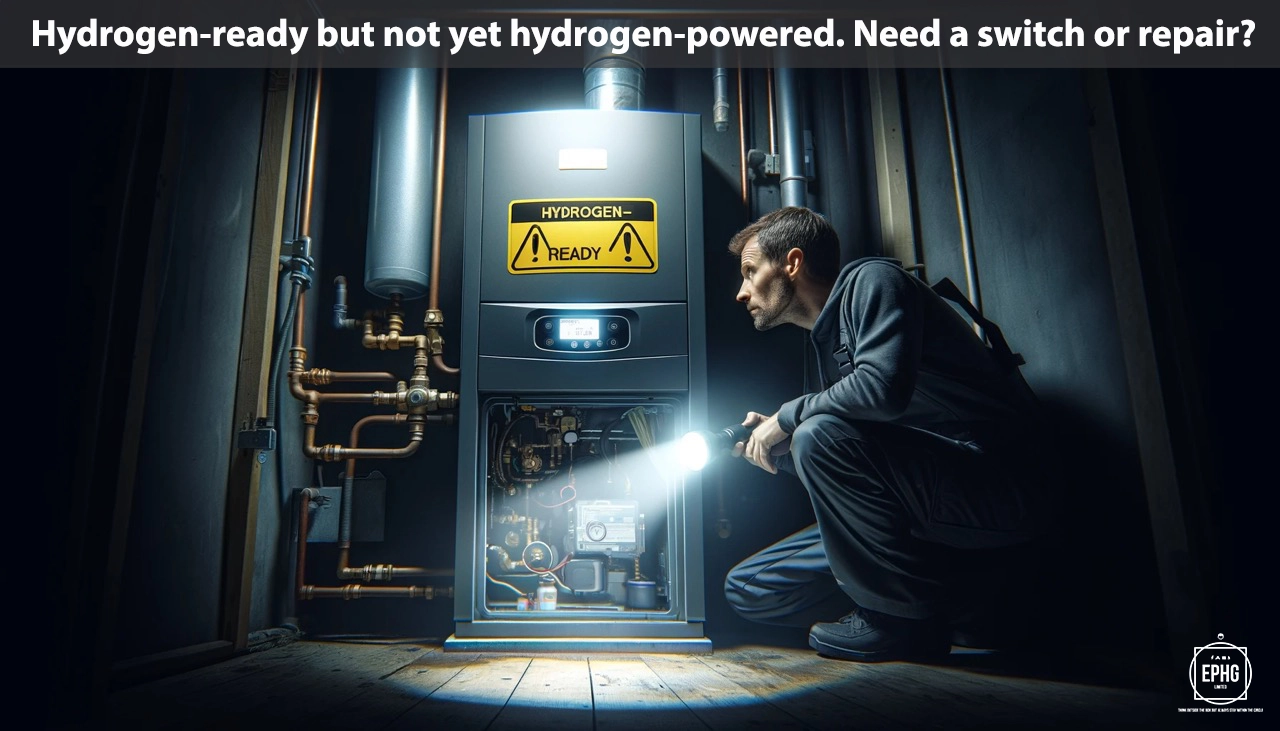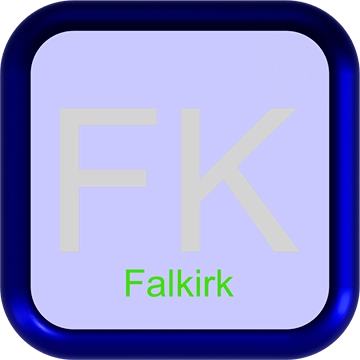
FK Postcodes for Utilities & Services in Falkirk
Introduction: The FK postcode area, covering Falkirk and its surrounding areas, here we share some essential insights on water & electric, along with any other relevant information for residents and businesses.
Water in Falkirk
Where does the water supply come from in Falkirk and is there ever a shortage of water?
In Falkirk, the primary water supply comes from the River Carron and the River Avon, essential sources providing for the region's needs. The water from these rivers undergoes treatment at local facilities to meet safety and quality standards before reaching consumers. Falkirk benefits from Scotland's ample rainfall, reducing the risk of severe water shortages. However, environmental changes and increasing demands due to population growth can pressure these natural resources. To address potential challenges, the area's water infrastructure and management strategies are continually reviewed and updated. Conservation efforts and public awareness campaigns are also in place to ensure sustainable water usage. Although Falkirk has a robust water supply system, residents are encouraged to conserve water, especially during unusually dry periods.
What is the hardness & quality of the water in Falkirk and can this affect your health?
The water in Falkirk is generally classified as moderately soft, benefiting from its collection from the River Carron and the River Avon, which flow over varied geological formations. While the water is softer than in many parts of the UK, it contains moderate levels of minerals like calcium and magnesium, beneficial for everyday use and consumption. The water quality in Falkirk adheres to strict regulatory standards, ensuring it is safe and healthy for all uses. Regular monitoring and testing are conducted to detect any pollutants or contaminants. While soft water is advantageous for household appliances and can alleviate some skin conditions, Falkirk's moderate water softness ensures a balanced mineral content, making it suitable for most dietary and health needs. The local water authority remains committed to maintaining these standards, providing clear and safe water for all its residents.
Electricity in Falkirk
Where does the electric supply come from in Falkirk and what is the future of energy there?
Falkirk's electricity supply is increasingly derived from a variety of sources, with a growing emphasis on renewable energies. The area has traditionally relied on coal and gas power plants, but there is a clear transition towards greener alternatives. Wind turbines, both in local farms and offshore, are becoming more prominent, and solar energy projects are on the rise due to technological advancements and government incentives. Falkirk is exploring the potential of hydroelectric power from nearby rivers and streams, aligning with Scotland's ambitious renewable energy goals. The future of energy in Falkirk is aimed towards sustainability, with plans to increase the contribution of renewables, reduce reliance on fossil fuels, and promote energy efficiency within the community. Initiatives like the community wind farm projects and solar panel grants for homeowners reflect this shift towards a more sustainable energy model, ensuring Falkirk's energy future is both green and secure.
When is hydrogen coming to gas boilers in Falkirk?
The introduction of hydrogen to gas boilers in Falkirk is part of Scotland's broader strategy for a greener future. The timeline for this transition is being aligned with national targets for reducing greenhouse gas emissions, with pilot projects and research into hydrogen feasibility already underway. The plan is to gradually introduce hydrogen-blended natural gas to existing networks, leading eventually to a full switch over to hydrogen in certain areas. This transition is expected to unfold over the next decade, with significant developments anticipated post-2025. Residents are encouraged to stay informed about these changes and to engage with energy efficiency initiatives currently available, such as boiler upgrades and insulation improvements. Local authorities and energy providers will provide guidance and support throughout this transition, ensuring that Falkirk moves towards a more sustainable heating future.
Where Does the Wastewater Go in Falkirk
In Falkirk, the management of wastewater is a critical component of the area's environmental health and sustainability efforts. Wastewater from homes, businesses, and industrial sites is collected and transported to the Grangemouth Wastewater Treatment Works, a key facility equipped with modern treatment technologies. Here, the wastewater undergoes various purification processes to remove contaminants, safeguarding the natural environment and public health. The treated water is then released into the Firth of Forth, adhering to strict regulatory standards to ensure the protection of marine life and the surrounding ecosystem. The Grangemouth facility represents Falkirk's commitment to efficient waste management and environmental preservation, highlighting the ongoing investment in infrastructure to support clean waterways and a healthy community.
Regions and Services:
The FK postcode covers a wide variety of landscapes, from bustling urban centers to serene rural locales. Key regions include:
- Falkirk Town: The heart of the FK region, known for its robust utility services, including comprehensive electrical, gas, and water infrastructure. The town is also a hub for innovation in energy efficiency and sustainability.
- Stirling, Grangemouth, and Alloa: These towns exhibit a blend of historic charm and modern amenities. They are characterized by well-established utility services, with increasing focus on integrating renewable energy sources and improving waste management systems.
- Larbert, Denny, and Bridge of Allan: Smaller communities that are progressively adopting greener initiatives. These areas are seeing a rise in renewable energy usage, particularly solar and wind power, to complement their existing utility services.
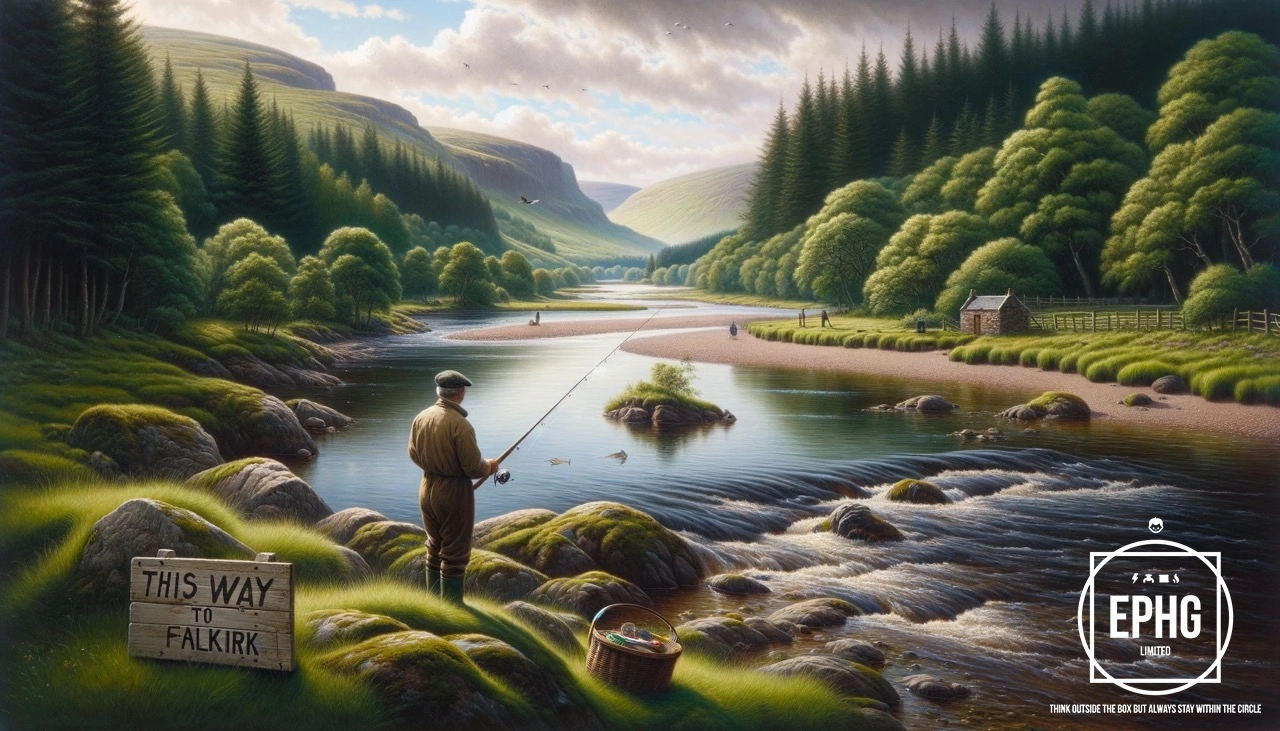
Regions within the FK Postcode
Falkirk and Surrounding Areas
- FK1: Falkirk Central, Bainsford
- FK2: Falkirk North, Carronshore, Laurieston
- FK3: Grangemouth
- FK4: Banknock, Longcroft, Denny
- FK5: Larbert, Stenhousemuir
- FK6: Denny, Dunipace
- FK7: Stirling, Bannockburn, Cowie
- FK8: Stirling City, Bridge of Allan, University
- FK9: Blair Drummond, Bridge of Allan, University of Stirling
- FK10: Alloa, Sauchie, Tullibody
- FK11: Menstrie
- FK12: Alva
- FK13: Tillicoultry, Coalsnaughton, Devonside
- FK14: Dollar, Muckhart
- FK15: Dunblane
- FK16: Doune
- FK17: Callander
- FK18: Strathyre
- FK19: Lochearnhead
- FK20: Crianlarich
- FK21: Killin
Stirling and Extended Areas
- FK7: Stirling, Bannockburn, Cowie
- FK8: Stirling City, Bridge of Allan
- FK9: University area, Cornton
- FK10: Alloa, Clackmannan, Sauchie
- FK11: Menstrie
- FK12: Alva
- FK13: Tillicoultry, Coalsnaughton
- FK14: Dollar, Pool of Muckhart
- FK15: Dunblane, Kinbuck
- FK16: Doune, Argaty
- FK17: Callander, Brig o'Turk
- FK18: Strathyre
- FK19: Lochearnhead, St Fillans
- FK20: Crianlarich
- FK21: Killin, Ardeonaig
